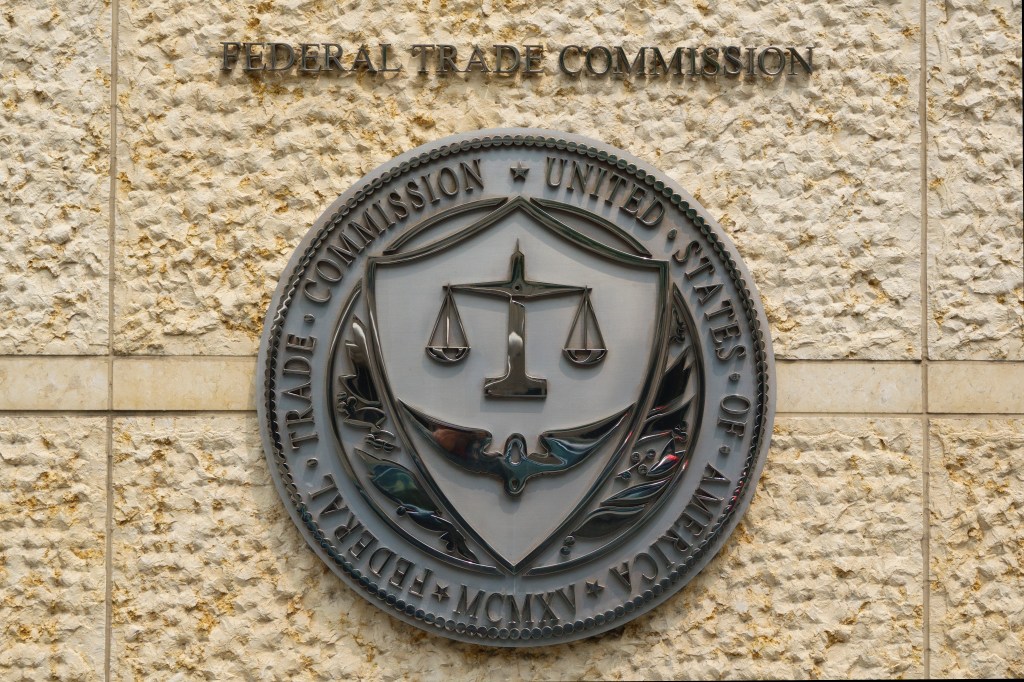In an administrative cease-and-desist order, former CCO Suzanne Ballek consented to FINRA’s findings without admitting any wrongdoing in connection with the regulator’s claims that she modified corporate records pertaining to an SEC examination.
Charges revolved around claims that she altered the approximately 170 forms she handed over to the SEC
She
Register for free to keep reading
To continue reading this article and unlock full access to GRIP, register now. You’ll enjoy free access to all content until our subscription service launches in early 2026.
- Unlimited access to industry insights
- Stay on top of key rules and regulatory changes with our Rules Navigator
- Ad-free experience with no distractions
- Regular podcasts from trusted external experts
- Fresh compliance and regulatory content every day













